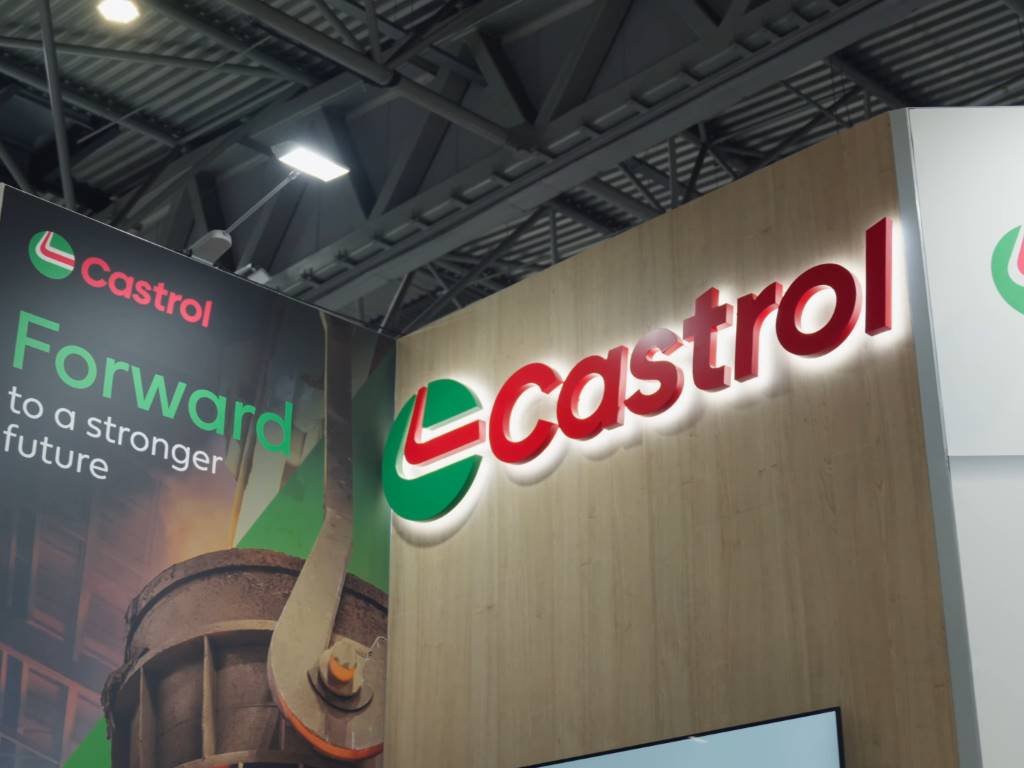CBI: Take no deal Brexit off the table to avoid economic damage

Fresh analysis of government figures from the CBI, assessing the long-term economic impact of a ‘no deal’ Brexit, has outlined the future harm to every part of the UK.
For this reason, the group is now calling on all politicians to ensure that an end of March ‘no deal’ is taken off the table.
The study highlights how no region or nation would be left untouched by the significant economic fallout from leaving the EU without a deal, harming jobs, livelihoods and living standards.
Examples of the negative impact regions would face include:
- The North East – £7 billion - equivalent to twice the annual public spending on schools and education in the North East
- Wales – £7 billion - equivalent to the annual public spending on hospitals, GP surgeries and other health services in Wales each year
- The East of England – £17 billion - double the annual public spending on education, including all schools and colleges in the region
- The South East – £28 billion - one-and-a-half times the annual public spending on doctors, hospitals and other health services in the region.
All figures based on annual loss of output by 2034 relative to the status quo.
In terms of the percentage of regional Gross Value Added (GVA), the North East would be one of the most vulnerable regions in the event of a ‘no deal’ Brexit.
Carolyn Fairbairn, CBI Director-General, said: “The message from business cannot be simpler: a March no-deal must be ruled out immediately. This is the only way to halt irreversible damage and restore business confidence.
“The best route to pulling back from the cliff edge is for politicians of all parties to start showing real flexibility. Only then will they find a path that can command support in the Commons, be successfully negotiated with the EU and protect the prosperity of communities across the UK.
“Our analysis of the Government’s own figures shows that Northern Ireland, Scotland, Wales and every English region would pay an unacceptable economic price. From Penzance to Perth, this damage would be far greater than the sums spent on our schools, colleges, GPs and hospitals.
“The UK is not and cannot be ready for a ‘no deal’ Brexit. Only Parliament can avoid it, and now is the time to do so.”
Dave Hall, CEO of North East employer Renolit, said: “We employ more than 320 people in the North East and over the past decade we have seen our business grow, thanks in no small part to our exports to Europe.
“The tariffs and trade barriers that would come with a ‘no deal’ Brexit would mean that we would, as a business, have to focus more on the UK market. This would reduce our turnover and could lead to local job losses.”
Robert Parker, chief executive officer at East of England employer Beechwood Homes, said: “A ‘no deal’ Brexit would severely impact our housebuilding business. Given most of our supplies come from Europe, tariffs and delays at the border could lead to us to suspend operations almost overnight.
“This, coupled with the severe downturn in confidence in the wider economy, could put this company, which has been operating for more than 50 years, out of business, leading to local job losses and less taxes to the exchequer to pay for our vital public services.”
David Bondi, managing director of East Midlands employer Freshcut Foods, said: "Freshcut Foods is a £30m turnover fresh produce business that employs 280 people and supplies many of our favourite retailers and sandwich shops.
“Most of our raw materials are imported from the EU and have very short shelf lives. At no part of the supply chain - from grower to retailer - can more than a day or two’s stock be held.
“In a ‘no deal’ scenario, a delay of as little as 12 hours - coupled with lorry tailbacks at crucial ports - would adversely affect our ability to maintain full continuity of supply."
Sector/regional exposure
Wales and the East Midlands are the most reliant on manufacturing in terms of regional Gross Value Added (GVA) - 17.3% and 16.5% respectively. The North West contributes the most to manufacturing GVA (15.3%).
The sectors most exposed to a no deal Brexit are:
Motor vehicles and parts
West Midlands and North East (Transport equipment accounts for 35.4% and 14.5% of total regional manufacturing, with motor vehicles accounting for 87.8% and 93.7% of this respectively)
Chemicals and pharmaceuticals
Chemicals (% of total regional manufacturing) – North East, North West and Yorkshire & Humber (13.7%, 14.6% and 12.4%)
Pharmaceuticals (% of total regional manufacturing) – North East and North West (10.8% and 16.3%)
Food and drink (% of total regional manufacturing) – Yorkshire and Humber (19.5%), East Midlands (21.9%), East of England (15.4%), Scotland (26.1%) and Northern Ireland (26.9%)
Agriculture – The East of England and Scotland represent the greatest share of agricultural GVA (16.6% and 17.8% respectively).
Services – London and the South East are the most exposed to services, with 14.8% of London’s GVA coming from financial and insurance activities, while 12.1% and 8.0% of GVA comes from professional, scientific and technical activities, in London and the South East respectively. Information and communication accounts for 11.3% and 8.6% of London and the South East’s GVA respectively.
CBI www.cbi.org.uk















